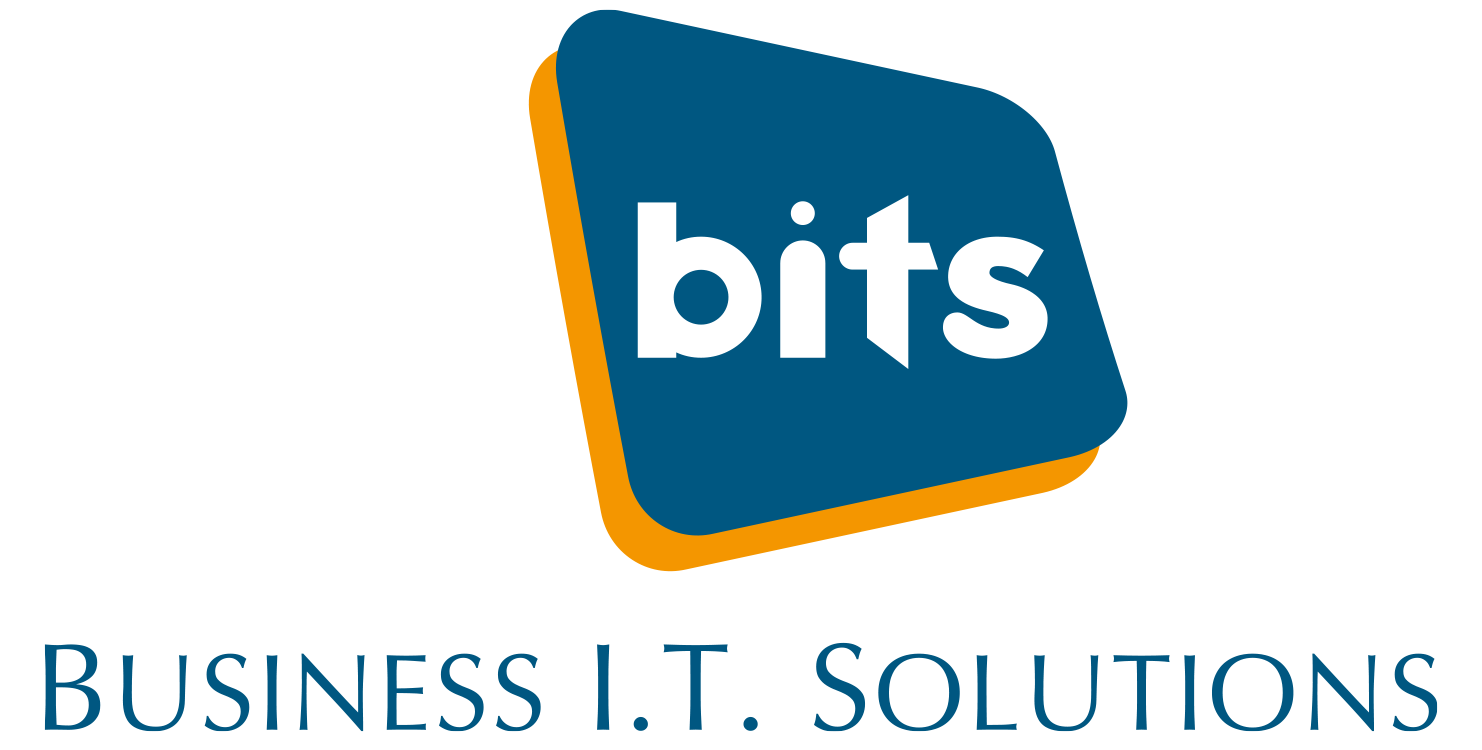Cloud computing is a solution that organisations everywhere are migrating towards—whether it’s a private, public or hybrid cloud solution. The popularity of subscription services (such as Office 365) means storing company data in the cloud is an expectation in today’s world if you want to remain competitive. However, a cloud migration can be a daunting move if you are used to traditional on-premises methods, fear the complexity or are bound to on-premises servers because of your “line of business” software. This is why there is a hybrid solution that allows the adoption of both cloud and on-premises solutions.
The Azure Hybrid Cloud: Explained
So, what is the hybrid cloud? A hybrid cloud is a form of cloud computing that combines on-premises infrastructures with a public or private cloud – whichever option you find meets your business needs. Adopting a hybrid cloud solution enables you to seamlessly move data and applications between your two environments: on-premises and cloud.
Azure, the Microsoft Cloud, offers many features that complement your on-premises data centre, including migration tools, identity management, networking, storage devices, and much more.
If you want to understand the key differences between on-premises and cloud solutions, you can find out more here.
How can a Business Implement Microsoft Azure as a Hybrid Solution?
There are many cloud platforms on offer in the digital market. At BITS, we recommend Microsoft Azure cloud services because of the significant benefits it can offer to businesses of all sizes. The main 4 benefits of implementing an Azure hybrid cloud are:
- Control
- Flexibility
- Cost-effectiveness
- Easy transition
Control
The Microsoft Azure hybrid cloud platform enables far greater control over your environments than moving all your data to a third-party cloud data centre. By migrating elements of your on-premises data and applications, you can retain far more control over what you wish to be hosted in the cloud and what you choose to keep on-premises. This means maintaining a private infrastructure for data that is sensitive and confidential, and therefore, greater security over your assets.
Flexibility
The hybrid cloud allows you to have access to both platforms, enabling you to be flexible in where you store your data and how much you have in each environment. It is not a fixed amount; you can slowly move more data to the cloud when your business is ready. Businesses can seamlessly scale on-premises infrastructures onto the cloud, which has unlimited capacity. By adopting Microsoft Azure cloud services, you can tailor their solutions to your needs.
Efficiency
Working in a cloud-environment greatly increases your efficiency. Outages in the cloud are highly unusual, meaning that you are able to minimise your downtime while simultaneously enjoying easy and quick scalability that allow you to adapt your cloud environment to changing needs. Plus, should a data loss occur, Azure backups are more easily and quickly recovered than on-premises solutions.
Cost-effectiveness
With Microsoft Azure cloud services, you are only paying for the capacity you require. As your business grows, so will your hybrid cloud solution, but only on your terms and when you are ready. Also, if one of your on-premises servers needs replacing, the data and applications can be migrated onto Azure without the up-front cost of replacing your older kit. This enables cloud migration to be much more achievable for smaller businesses, with room to grow and accomplish business goals.
Easy transition
Finally, the most beneficial and attractive feature of the hybrid cloud is the ease of transition from on-premises environments towards the Microsoft Azure cloud platform. This means you do not need to be overwhelmed by the complexity of large migrations and take it step by step, so your team and business can adjust to the changes.
The benefits of using Microsoft Azure hybrid cloud services are second to none; it gives your organisation the best chance to innovate, grow and make cloud migration as seamless as possible, without any complications and unexpected costs.
This is just scratching the surface of the possibilities offered with the Microsoft Azure hybrid cloud solution. If you are ready to start the transition, download our Microsoft Azure migration eBook entailing all the information you need.
Next Blog: Why Remote Working Is Here to Stay. Are You Prepared for it?


